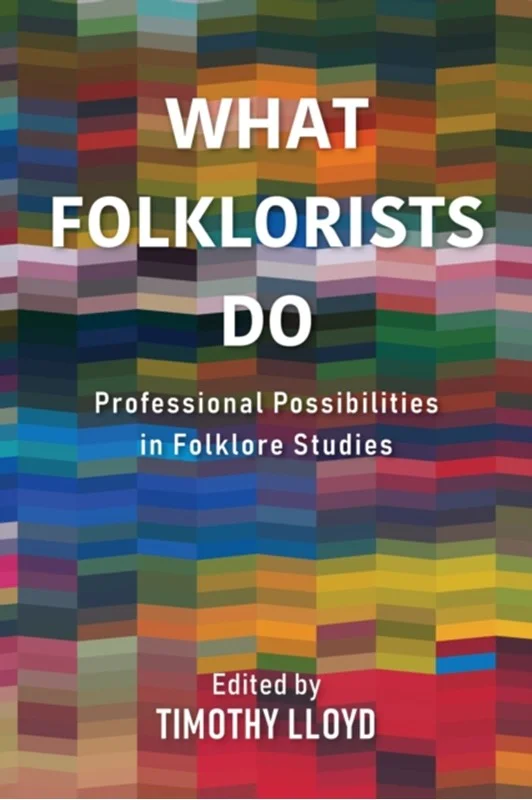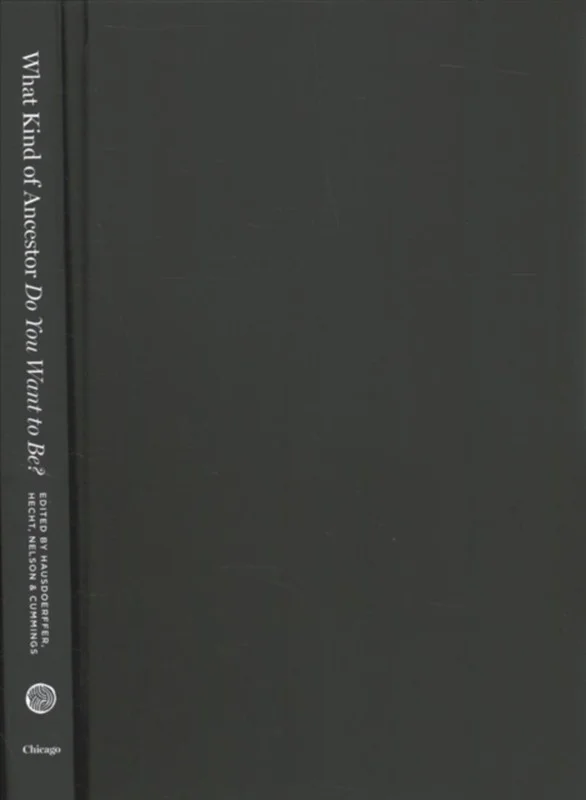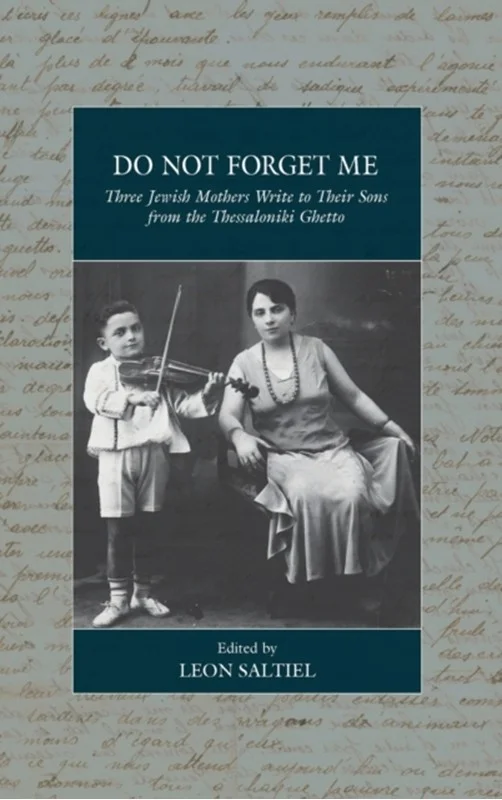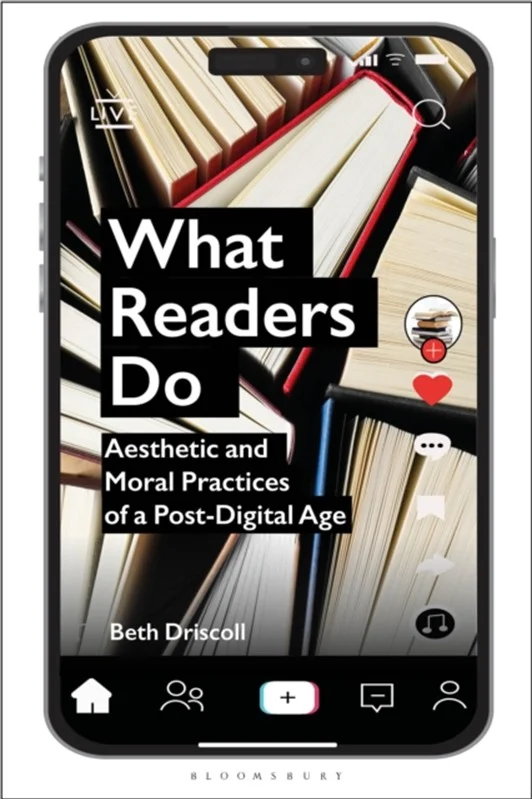
Mærke
- Oxford University Press 341
- Lexington Books 330
- Rowman & Littlefield 319
- The University of Chicago Press 207
- Cambridge University Press 200
- Springer Nature Switzerland AG 177
- Nova Science Publishers Inc 164
- Taylor & Francis Ltd 147
- Oxford University Press Inc 123
- Bloomsbury Publishing Plc 113
- Bloomsbury Publishing PLC 110
- Princeton University Press 103
- University of California Press 91
- Springer International Publishing AG 89
- John Wiley & Sons Inc 72
- World Scientific Publishing Co Pte Ltd 65
- Pearson Education Limited 63
- Berghahn Books 54
- Cengage Learning, Inc 52
- Springer Verlag, Singapore 52
- State University of New York Press 52
- Taylor & Francis Inc 50
- University Press of America 49
- Columbia University Press 48
- Sage Publications Ltd 46
- New York University Press 45
- SAGE Publications Inc 44
- Jason Aronson Publishers 41
- Scarecrow Press 41
- Manchester University Press 39
- Edinburgh University Press 38
- Springer-Verlag New York Inc. 35
- Emerald Publishing Limited 33
- John Wiley and Sons Ltd 33
- Teachers' College Press 33
- Elsevier - Health Sciences Division 30
- Springer Publishing Co Inc 30
- University of Washington Press 25
- Anthem Press 23
- Fairleigh Dickinson University Press 23
- Pearson Education (US) 23
- Duke University Press 21
- McGraw-Hill Education - Europe 20
- Stanford University Press 20
- Academic Studies Press 19
- Channel View Publications Ltd 18
- Intersentia Ltd 18
- Palgrave Macmillan 18
- Cornell University Press 16
- Facet Publishing 15
- Springer-Verlag Berlin and Heidelberg GmbH & Co. KG 15
- Equinox Publishing Ltd 14
- Johns Hopkins University Press 14
- McGraw-Hill Education 14
- University of Minnesota Press 14
- Marvel Comics 13
- APress 12
- Bristol University Press 12
- Guilford Publications 12
- Human Kinetics Publishers 12
- Imperial College Press 12
- Bucknell University Press 11
- Fordham University Press 11
- Harvard University Press 11
- Thomas Nelson Publishers 11
- University of Pennsylvania Press 11
- American Psychological Association 10
- Berghahn Books, Incorporated 10
- Georgetown University Press 10
- De Gruyter 9
- Indiana University Press 9
- MIT Press Ltd 9
- Multilingual Matters 9
- Ohio University Press 9
- Pennsylvania State University Press 9
- Rowman & Littlefield International 9
- Elsevier Science Publishing Co Inc 8
- Humana Press Inc. 8
- Temple University Press,U.S. 8
- University of Illinois Press 8
- University of Notre Dame Press 8
- Elsevier Health Sciences 7
- Elsevier Science & Technology 7
- Plural Publishing Inc 7
- Royal Society of Chemistry 7
- AltaMira Press 6
- Goodfellow Publishers Limited 6
- Rutgers University Press 6
- Wilfrid Laurier University Press 6
- World Scientific Europe Ltd 6
- Globe Law and Business Ltd 5
- Intellect 5
- American University in Cairo Press 4
- Apple Academic Press Inc. 4
- Baywood Publishing Company Inc 4
- Bloomsbury Publishing USA 4
- CABI Publishing 4
- Central European University Press 4
- Government Institutes 4
- Hackett Publishing Co, Inc 4























